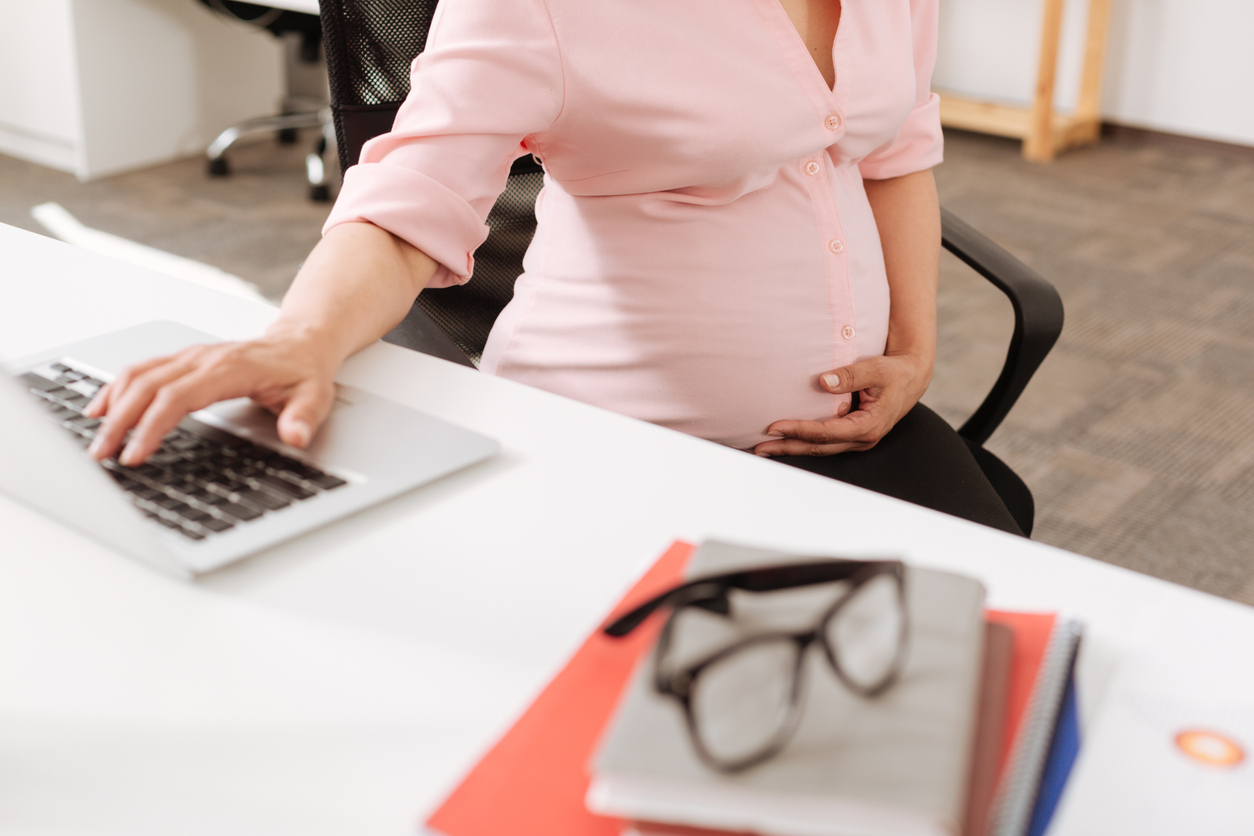We all need to take time off of work sometimes, whether it is for a vacation, a funeral, or to take care of a family member who is ill. In California, certain types of time off are considered protected leaves of absence. This means that for most employees in California, the law protects your right to take this type of leave — and if your employer violates your rights, there may be consequences.
California recently expanded its family and medical leave laws, requiring companies with as few as 5 employees to provide leave for a range of reasons. Generally, protected leave includes things like taking time off to take care of your own serious medical issue, or to bond with a new child, or to care for a family member. Under both federal and state law, your job is protected while you are on leave (with a few narrow exceptions). If your employer fires you for taking protected leave, you may be able to file a wrongful termination lawsuit. A seasoned Orange County employment lawyer can help you with the process, starting with a free consultation.
What Is Protected Leave?
Generally, protected leave means that an eligible employee can take this leave for one of the specified reasons without losing their job. Employers must continue to provide benefits during protected leave and allow the employee to resume their job as usual when they return to work. It is illegal to terminate or discriminate against an employee for taking legally-protected leave. In California, leave is governed by both federal and state laws. The federal Family and Medical Leave Act (more commonly known as FMLA) allows eligible employees to take up to 12 weeks of unpaid leave for illness, to welcome a new child through birth or adoption, or to care for a close relatively. When the leave is over, an employee is generally entitled to return to their same or a similar position. The California law provides the same 12 weeks of protected unpaid leave. However, under a new law signed by Governor Newsom in September 2020, even relatively small employers must provide this leave. Previously, only employers with at least 50 employees within a 75 mile radius were required to provide family care and medical leave. Under Senate Bill 1383, employers with at least 5 employees must provide otherwise eligible employees with up to 12 weeks of unpaid, job-protected leave within a 12 month period. Employees in California can take protected leave for a variety of reasons, including:
- To care for an ill relative (including a child, spouse, registered domestic partner or parent)
- To address their own serious health condition, which includes an illness, injury, impairment, or mental condition that involves inpatient care or continuing treatment by a health care provider
- For disability related to pregnancy
- To welcome a new child via birth, adoption, or foster care
- For bereavement
- If they are ill (sick leave)
- To vote
- For jury duty or to comply with a subpoena
- For drug or alcohol rehabilitation
- For issues related to domestic violence (including obtaining a restraining order)
- If they or their spouse is called to active duty
Importantly, this leave doesn’t have to be taken all at once. In some circumstances, an employee can take intermittent leave. This may be done in the form of a reduced schedule.
For example:
Mark’s mother is diagnosed with cancer. His dad has passed away, and he is an only child. Mark decides to take leave in order to care for his mother, which includes taking her to her doctor’s appointments and treatments. He schedules her bi-weekly chemotherapy appointments to start first thing in the morning, so that he can take her there before work. Mark arranges with his employer to come in late 2 days a week, using his FMLA leave. This is permissible as long as his company’s operations are not unduly impacted.
In most cases, this type of leave is unpaid. However, California law requires employers to provide paid leave for certain types of leave. This includes paid sick leave, which was expanded during the COVID-19 pandemic to ensure that workers who contract or are exposed to coronavirus through their job are paid for the time that they must take off to quarantine and/or recover.
Can I File a Lawsuit if I Am Fired for Taking Protected Leave?
When you take protected leave, your employer cannot demote you, fire you, or take another negative employment action against you when you return to work, such as reducing your pay. If your employer does terminate you for taking protected leave, you may be able to file a wrongful termination lawsuit against them.
For example:
Amy works for a large corporation that is covered under both federal and state leave laws. She adopts a baby, and takes the full 12 weeks of leave in order to bond with her child. When she returns, her employer tells her that her job is no longer available, and that there isn’t an equivalent job available for her. In this situation, Amy may be able to file a lawsuit for wrongful termination.
In a wrongful termination lawsuit, you may be able to recover compensation for back pay, future wages, lost benefits, as well as other forms of damages, such as legal costs and fees and liquidated damages. In some cases, you may also be able to be reinstated in your previous job. If you believe that your employer wrongfully fired you for taking leave that is protected under FMLA or California state law, reach out to an Orange County employment lawyer as soon as possible



